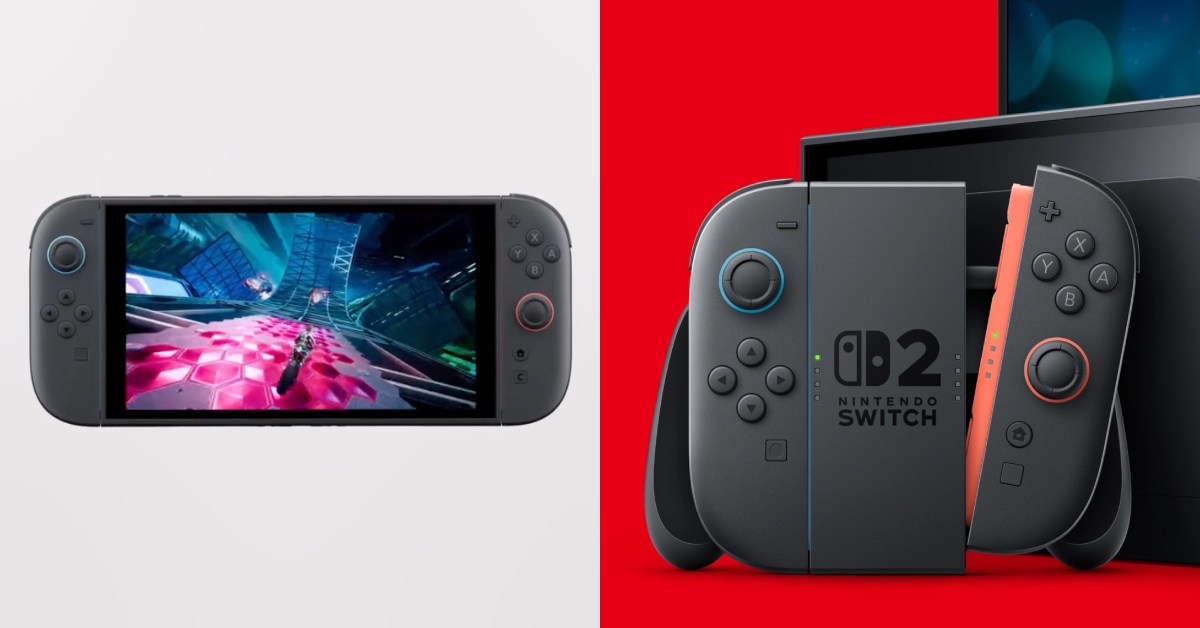Super Bowl 2023 has AI marketing—just not on TV
Though AI isn’t yet ready for Big Game ads, marketers such as Mailchimp and BetOnline are finding smaller use cases.

Marketers have been testing generative AI this year with a fervor bordering on obsession. And while the tech, in its current form, might be too risky for most to take to a national, multi-million-dollar Super Bowl ad, creatives are still finding ways to unite AI with Big Game advertising.
Email marketing platform Mailchimp is refraining from an official TV commercial, and will instead be live-tweeting the game using generative AI. The content, powered by the same technology behind ChatGPT, will offer play-by-play highlights in real time, as well as commentary on commercials and the halftime show. It will also serve reactions to social media tags and mentions by fans.
“We’ve already been using AI in our product for two years, so this effort is basically a fun product demo,” said Jeremy Jones, group creative director of advertising at Mailchimp. The tweets will seek to demonstrate the advanced content that Mailchimp’s AI is capable of producing, such as a celebration of a Chiefs touchdown in the style of Shakespeare.
BetOnline, a web-based gambling company, has created a beer ad reminiscent of a classic Super Bowl spot, but the effort was produced entirely from AI-generated assets. The people appearing in the ad were created with Midjourney, the narration script and voiceover were created with ChatGPT and Play.ht, respectively, and the background music was created with Soundraw.io. Even the beer itself, called Bettors, is an invention of AI.
The ad will run on social media, despite its irrelevance to BetOnline's actual business.
Meanwhile, a tech startup called Addition has built a free tool that marries AI and Super Bowl advertising at a functional level. A user is encouraged to generate their own Big Game ad by selecting from a list of real commercials that previously aired, and then inputting whatever content they wish to see. The bot will then create a unique script based on those two components of data.
Addition’s machine, like that of Mailchimp, is based on GPT technology, but it differs from ChatGPT in that it is trained on data that is specific to a marketer’s interests. In the case of the Addition bot, this is purely Super Bowl ads from the past 10 years.
“We’ve found that when you take the technology behind ChatGPT, which is great, and combine it with high quality data it unlocks a wide range of new uses for marketers," said Rick Barber, co-founder of Addition in a press statement.
Ancillary marketing
A notable aspect of the efforts mentioned above is that not one of them is part of a national Super Bowl campaign. They are ancillary in their reach, appearing on social media or owned websites.
There's a good reason for this: AI is still so new that marketers can’t yet trust it to maintain a leading role in the year’s biggest advertising moment. Avocados From Mexico planned to bring ChatGPT into its Big Game ad but has since canceled that integration. And while AI platform Dialpad is airing a local commercial, the spot only talks about AI, rather than owing its production to it.
The difficulties still surrounding this technology mean that, for now, it must sit on the bench. But that doesn’t mean it needs to do so quietly.
Mailchimp’s Jones said that while his company knew a full-on Super Bowl ad was not in the cards this year, it still wanted to be a part of the game in a creative way. The decision to live-tweet using AI came only three weeks ago—a testament to how quickly the technology is able to churn out ready-to-use content. Mailchimp has since been using the NFL playoffs as a training ground for its AI.
Likewise, BetOnline created its hyper-realistic ad with virtually no budget, a spokesperson said, and no placement strategy besides social. The tools used to create the ad are also accessible to the public.
The quick thinking behind these efforts deeply contrasts with how brands have previously gone about creating Super Bowl campaigns. Most begin planning months in advance, with some already thinking about their next Big Game campaign right after that year's commercial airs.
AI marketing, as proven by this year’s Super Bowl blitz, isn’t so much a well-polished tactic as it is a proof of concept for future use cases. And seeing what just the past month and a half has brought, AI’s usefulness to marketers will only grow.
“It’s such an open playground,” said Jones. “And it’s only getting smarter. Who knows, maybe AI marketing gets its own category at Cannes.”

 Hollif
Hollif 
































